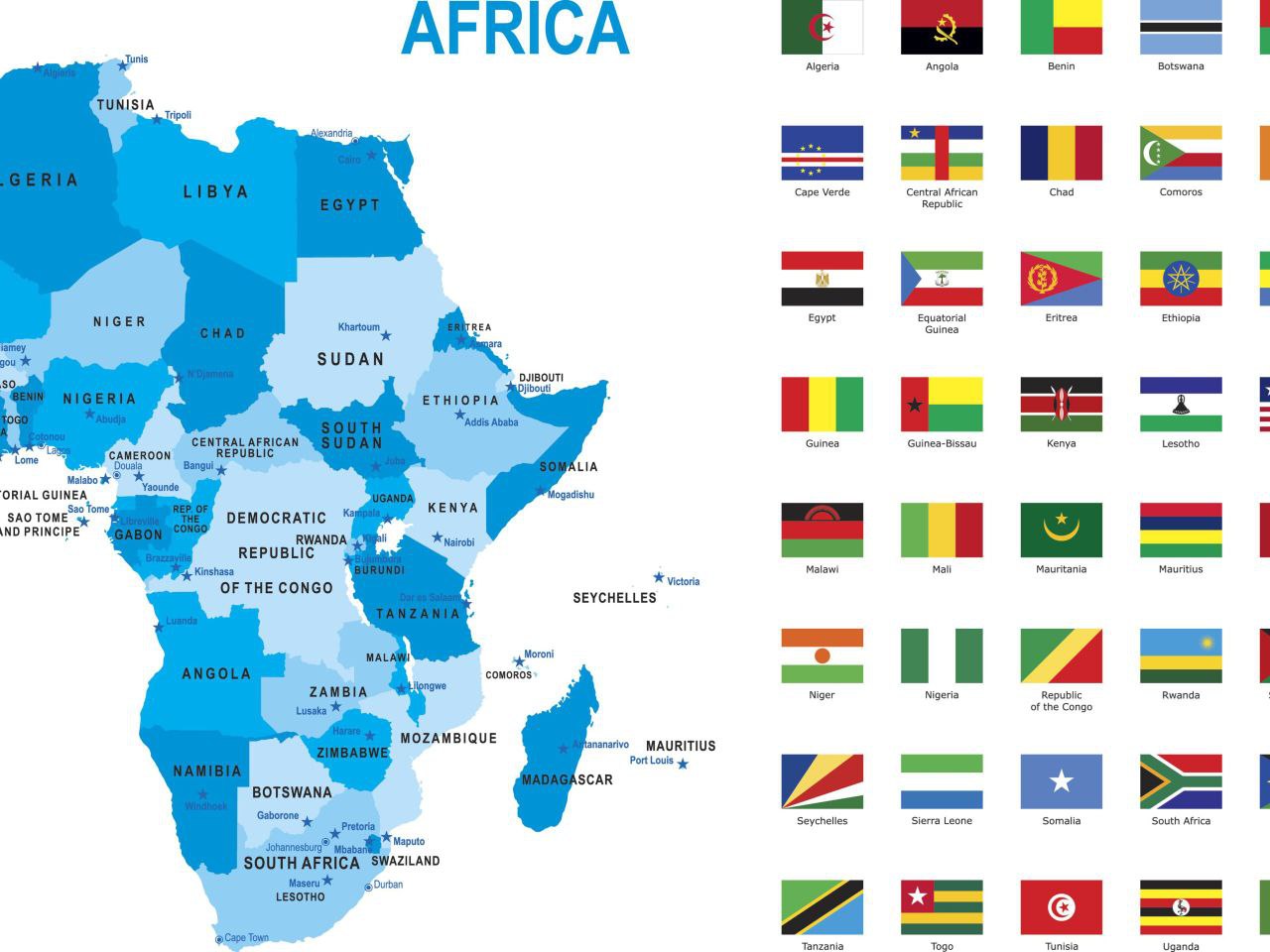A new report from the United Nations Conference on Trade and Development (UNCTAD) has shed light on a concerning trend in international aid, revealing that rich countries and organizations are increasingly providing assistance to Africa in the form of loans rather than grants.
According to the report titled ‘A World of Debt,’ the proportion of Official Development Assistance (ODA) provided as loans has surged by over 6% since 2012. This transition from grants to loans has plunged countries that traditionally relied on aid into a deepening debt crisis.
Many African nations now find themselves allocating more funds towards interest payments on loans, rather than investing in crucial sectors like healthcare and education. The developing world, particularly Africa, is grappling with soaring interest payments on sovereign loans, exacerbating the continent’s debt crisis.
This shift in aid allocation has significant implications for the economic development and well-being of African nations. While grants are crucial for supporting sustainable development and poverty reduction, the rising trend of loans puts additional strain on already fragile economies.
ReadMore;Tanzania State Debt Up By 15% In A Year
The COVID-19 pandemic has further exacerbated the debt situation, as countries grapple with economic downturns and increased spending on healthcare and social protection. The need for debt relief and restructuring has become more urgent than ever to prevent a humanitarian and economic catastrophe.
International efforts to address the debt crisis in Africa must prioritize sustainable solutions, including debt relief, restructuring, and increased grants rather than loans. Without decisive action, the debt burden threatens to stifle economic growth, exacerbate poverty, and deepen inequalities across the continent.






